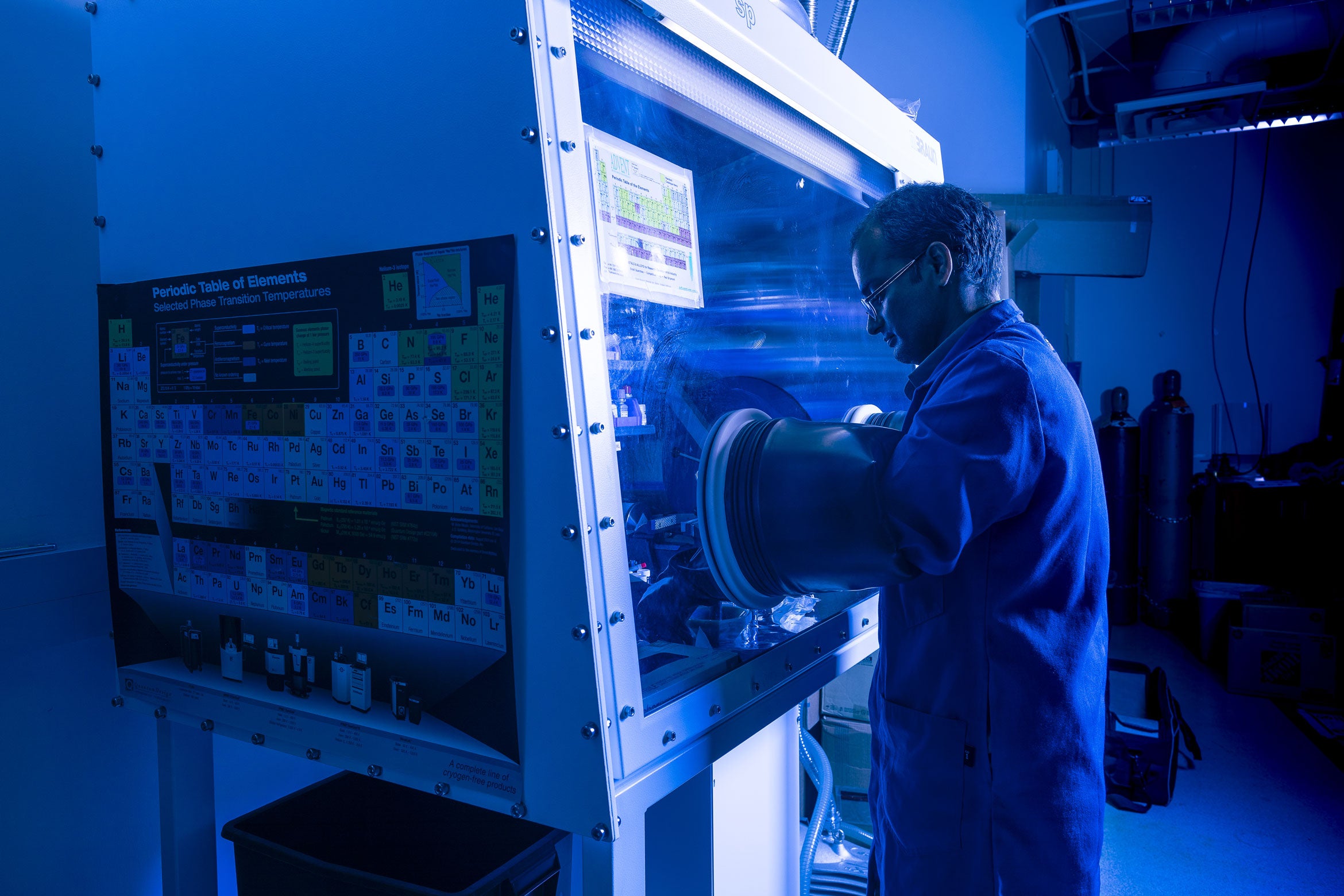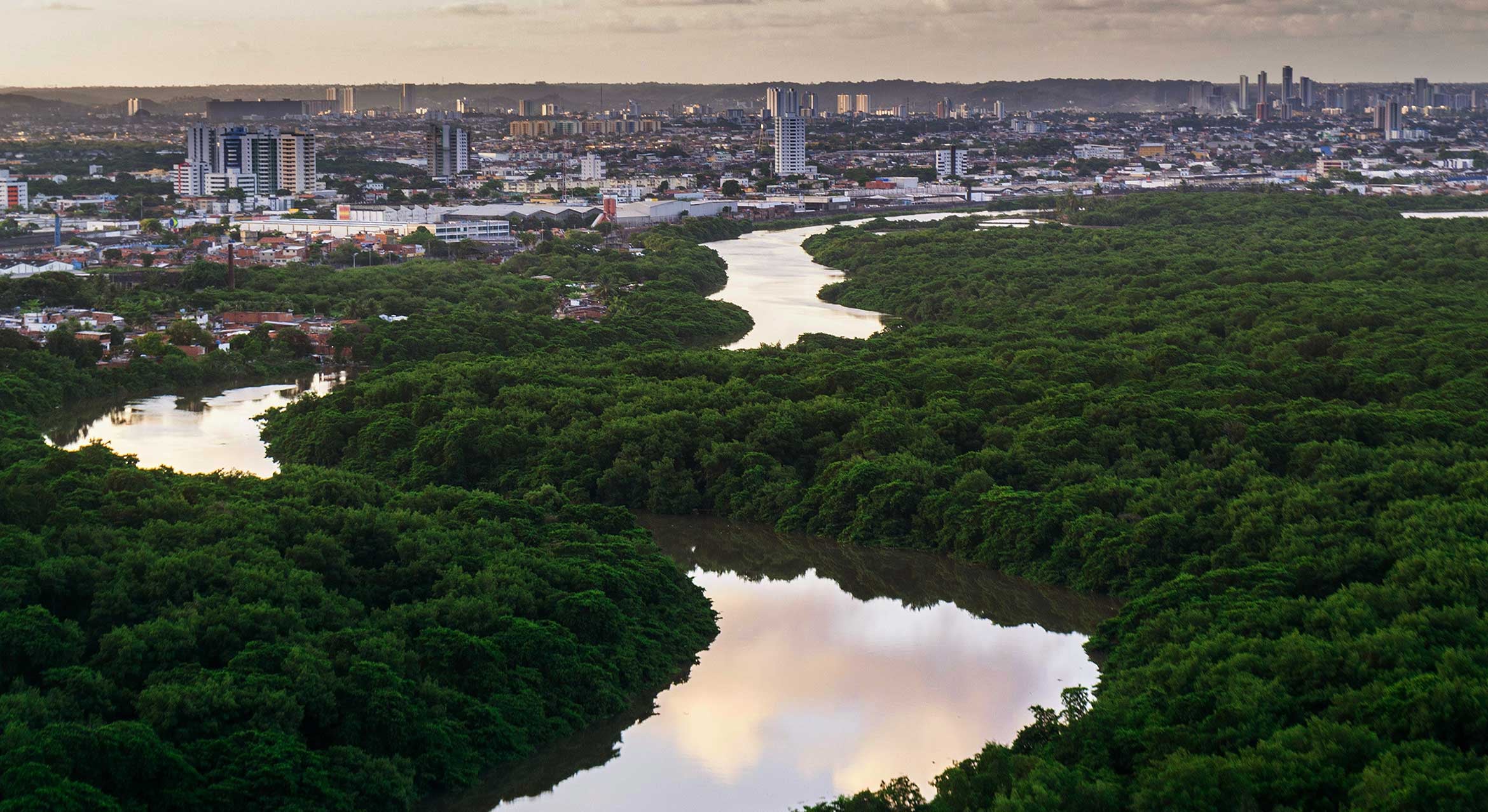


If UC Santa Barbara has its way, one day soon everything organic that comes to the campus will stay on the campus. Food, paper, grass clippings, plastic, you name it –– all of it will wind up being recycled or composted here and used for some other purpose that will benefit the campus and the environment.
That's a realistic goal, says Ron Cortez, UCSB's associate vice chancellor of administrative services, who oversees the campus's sustainability efforts. "The vision is that when these materials come on campus, they never leave," Cortez said. "We should have the capability to compost it, and to use it on site. That's the direction we want to move our campus."
Starting this week, UCSB is taking a significant step toward making that zero- waste dream a reality. Working in partnership with MarBorg Industries, the campus on Tuesday will launch a 120-day pilot composting project. All food waste –– both pre- and post-consumer –– being produced at the De La Guerra dining commons will be placed in a giant compactor. Twice a week, the compactor will be hauled away to the MarBorg waste facility in downtown Santa Barbara. There, MarBorg will use new equipment fabricated just for this project to grind and shred the waste, combine it with other green waste (yard clippings, branches, wood chips), and begin the compost process. The end product will be a rich soil additive used by gardeners, landscapers, and farmers.
"If we take what MarBorg creates, and we either bring it back here, or MarBorg takes it to farmers, who use it to grow products that we then buy for UCSB, it becomes a big loop," said Mark Rousseau, the energy & environmental manager for Housing & Residential Services at UCSB. "That would be kind of nice, if we can find partners to help us make this into a loop."
The campus has tried several different composting programs in the past. Student workers in Housing administered a program in the mid-1990s that had some success. They would collect pre-consumer items such as carrot peelings, broccoli stems, and lettuce leaves, place them in a barrel and haul the barrels to compost heaps in various locations around campus. This evolved into a wider program several years ago in which Housing & Residential Services grounds crews collected around 30,000 pounds of pre-consumer waste each month from all four dining commons and took it to a staging area near the Santa Ynez undergraduate apartments. Unfortunately, the composting also produced some undesirable side effects –– odors, bugs, and rodents.
The new pilot program won't have those issues because it will use tightly sealed containers. "As we know, open composting has some side effects," Cortez said. "This way is much cleaner. If it works, it's much more transportable to the university, if we can do it in a contained area."
The four-month project will let campus officials assess the possibility of a much more comprehensive program. "This is the first stab at trying to get to the larger, post-consumer material," Rousseau said. "I think it will work, and then we can look at expanding it to the rest of the campus."
Both Cortez and Rousseau praised Mario Borgatello, owner of MarBorg, for his cooperation and hard work in making this pilot project a reality. "He sees the benefit of
this for the university, but also sees the benefits for others along the entire South Coast," Cortez said. "We're one component of that. He sees it in a larger picture, so it could have benefits for him as well."
"MarBorg has really helped the whole county, not just UCSB," said Rousseau. "They've always played a big role in recycling across Santa Barbara."
Cortez also pointed out the lesson that can be learned from creating a partnership project during a tough economy. "My hope is that this project provides a statement to all of those involved in sustainability," he said. "While times may be tight financially, we cannot rest or become discouraged. We must continue to seek environmentally beneficial partnerships that continue to improve the environment."
† Top photo: Cresencio Acevedo, production manager for the De La Guerra dining commons, with a bin of pre-consumer food waste.
Photos by George Foulsham, UCSB Public Affairs
†† Middle photo: Acevedo pushes a lever to empty the food bin into the compactor behind the De La Guerra dining commons.
Photos by George Foulsham, UCSB Public Affairs
††† Mark Rousseau, energy & environmental manager for Housing & Residential Services, and Acevedo next to the compactor at the De La Guerra dining commons.
Photos by George Foulsham, UCSB Public Affairs
Related Links



